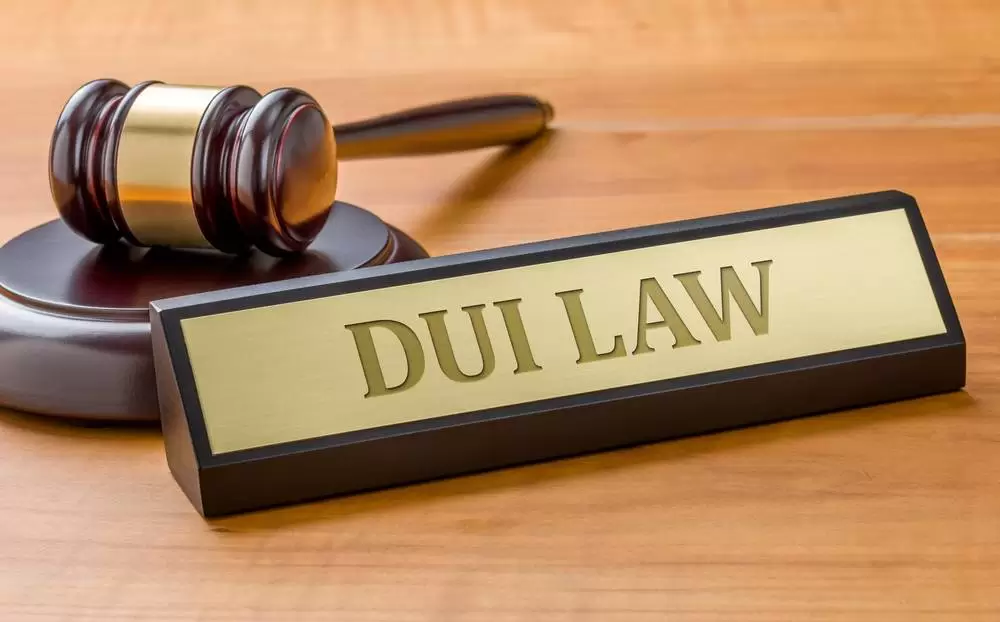Understanding DUI Penalties and Their Impact
DUI penalties can vary significantly based on the severity of the offense and prior convictions. Common penalties include fines, license suspension, mandatory alcohol education programs, and even jail time. It's essential for individuals to understand these potential consequences to navigate their situation effectively.
For instance, a first-time DUI offender may face a fine of up to $2,000 and a license suspension for up to a year, while repeat offenders may encounter harsher penalties, including longer jail sentences and increased fines. Understanding these penalties helps individuals prepare for court and make informed decisions regarding their defense strategy.
Steps to Take After a DUI Arrest
After being arrested for a DUI, it's crucial to take specific steps to protect your rights and build a strong defense. First, individuals should refrain from making statements to law enforcement without legal representation. Consulting with a DUI attorney can provide the guidance needed to navigate the legal process effectively.
Moreover, gathering evidence, such as witness statements or video footage, can significantly bolster a defense. Individuals should also be aware of deadlines for filing appeals or requesting a hearing regarding their license suspension, as timely action is critical in these cases.
Common Misconceptions About DUI Charges
Many people hold misconceptions about DUI charges that can lead to confusion and poor decision-making. One common myth is that a DUI charge is only applicable if a driver is visibly impaired. In reality, a driver can be charged with DUI even if their impairment is not obvious, as long as their blood alcohol concentration (BAC) exceeds the legal limit.
Another misconception is that refusing a breathalyzer test will automatically prevent a DUI charge. In fact, refusal can lead to automatic penalties, including license suspension. Understanding these misconceptions is vital for individuals facing DUI charges, as it can influence their approach to legal representation and their overall strategy.
How to Choose the Right DUI Attorney
Selecting the right DUI attorney is crucial for achieving the best possible outcome in a DUI case. Individuals should look for an attorney with specific experience in DUI cases, as this expertise can significantly impact the defense strategy and potential plea deals.
Additionally, potential clients should consider the attorney's track record, client reviews, and communication style. A good attorney will not only provide legal representation but also offer support and guidance throughout the legal process, ensuring that clients feel informed and empowered to make decisions regarding their case.







